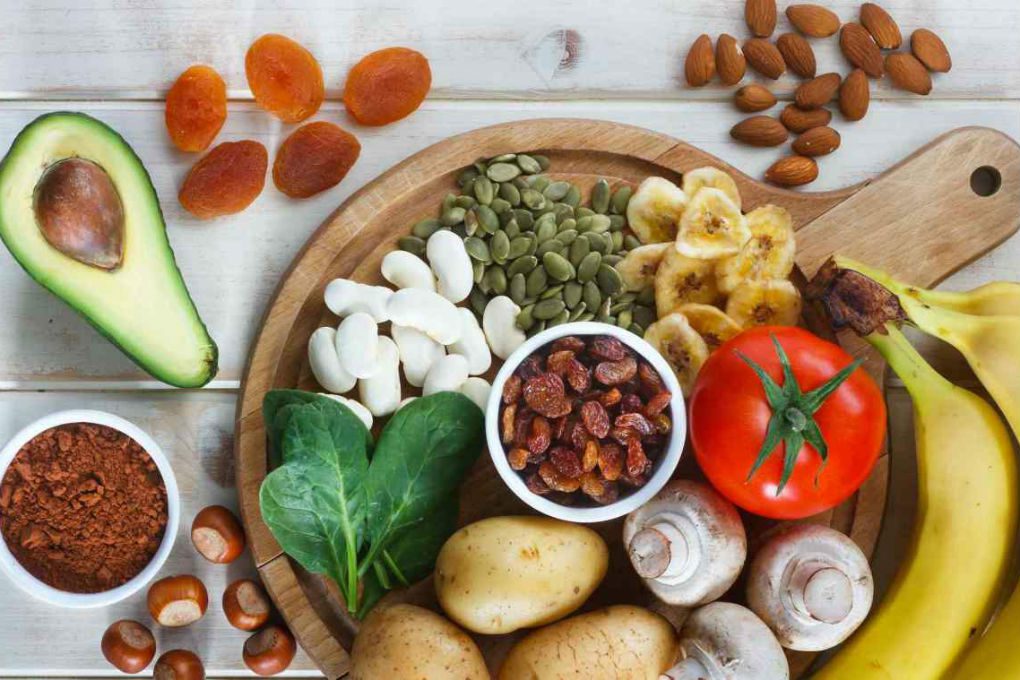Vitamin K is a water-soluble vitamin that make proteins of healthy bones and normal blood clotting. According to the Harvard School of Public Health, Vitamin K helps produce four of the 13 proteins needed for blood clotting.
Vitamin K is actually a group of compounds. The most important of these compounds appears to be Vitamin K1 and Vitamin K2.
The body needs vitamin K to produce prothrombin, protein and clotting factor that is important in blood clotting and bone metabolism.
Sources
• Green leafy vegetables like spinach, broccoli and asparagus.
• Legumes like green beans
• Swiss chard
• Turnip greens
• Cauliflower
• Cabbage
Other sources that are less rich in Vitamin K are:
• Meats
• Fish
• Liver
• Eggs
• Cereals
Benefits
• Bone health: Several studies suggested that VITAMIN k supports the maintenance of strong bones, improves bone density and decreases the risk of fractures.
• Heart health: Vitamin K may help keep blood pressure lower by preventing mineralization, where minerals build up in the arteries. This enables the heart to pump blood freely through the body. Adequate intake of Vitamin K also lowers the risk of stroke.
• Cognitive health: Increased blood levels of vitamin K have been linked with improved episodic memory in older adults. Healthy individuals over the age of 70 years with the highest blood levels of Vitamin K1 have the highest verbal episodic memory performance.
Risks
No tolerable upper limit has been determined for Vitamin k. Toxicity is rare and unlikely to result from eating foods containing Vitamin K.
• Blood Thinners, such as warfarin are used to prevent harmful blood clots that may block blood flow to the brain or heart. They work by decreasing or delaying Vitamin K’s clotting ability. Sudden increase or decrease of Vitamin K intake can interfere with the effects of these drugs. Keeping Vitamin K intake consistent from day to day can prevent these problems.
• Anticonvulsants, if taken during pregnancy or while breastfeeding, can increase the risk of Vitamin K deficiency in a fetus or a newborn.
• Cholesterol-lowering medications interfere with fat absorption. Dietary fat is necessary for absorbing Vitamin K, so people who are taking this medication may have a higher risk of deficiency.
The best way to ensure the body has sufficient nutrients is to consume a balanced diet, with plenty of fruits and vegetables. Supplements should only be used in case of deficiency and then, under medical supervision.









0 Comments